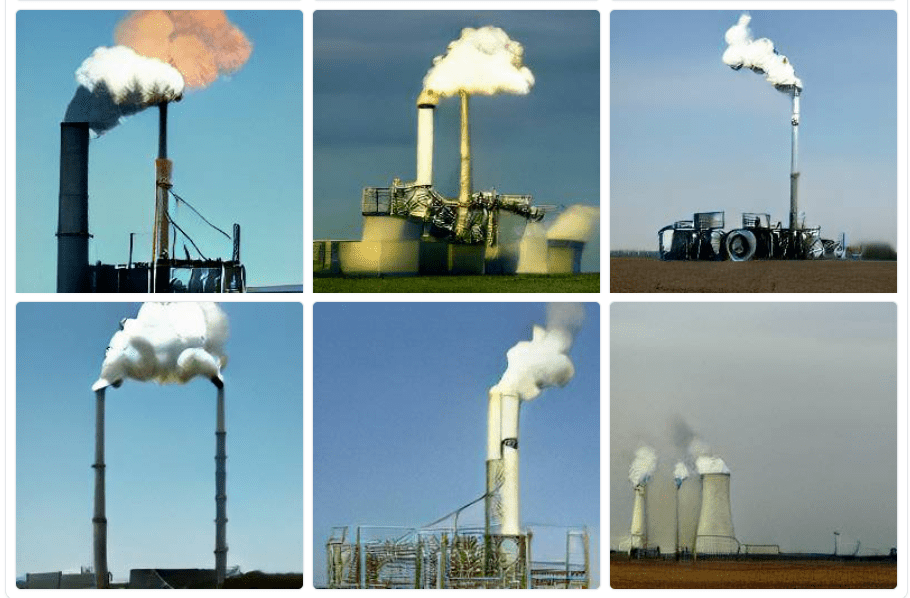A SENATE committee has heard that new legislation forcing big emitters into a heavier reliance on carbon credits could result in companies forcing up the value of land and taking it out of agricultural production.
The Albanese Government’s proposed reforms of the ‘safeguard mechanism’, which requires big emitters to keep their emissions below a ‘baseline’, were last week being investigated by the environment and communications legislation committee.
While the committee ultimately recommended the government pass the reforms, the reality appears to still be up in the air. The Coalition and the Greens have vowed not to vote for it and the Government will likely need the support of independent senator David Pocock.
Senator Pocock is yet to declare whether-or-not he will support it. But according to his comments on the report, he would like to see some key amendments.
“I am focussed on improvements that will increase real abatement, avoid blowing the Safeguard Mechanism carbon budget, and minimise financial risk to the taxpayer,” he said.
“However, I am particularly concerned about proposed equal treatment of the fossil fuel industry and every other facility under the Safeguard Mechanism.
“Improvements need to be made to prevent the fossil fuel industry from buying their way out of decarbonisation using offsets.”
The committee also recommended a series of changes, including the prioritisation of implementing the Chubb-Review and the publication of carbon estimation areas for any Australian Carbon Credit Units companies purchase.
NFF raises land use concerns
National Farmers’ Federation natural resource management manager Warwick Ragg presented to committee. He said the organisation had some concerns about the competing land-uses the legislation might drive.
“I’m more concerned about where the cost of land is bid up by competition from people who need to find offsets. I don’t think it is well understood what that impact might be.
“In the past we’ve seen people with the problem pulling out the chequebook. Is that desirable in the agricultural landscape? I’m not sure we think it is. We need a much more strategic and integrated approach as to how we all go forward together with this problem.”
Mr Ragg said there was potential for carbon purchases to drive bad social and agricultural outcomes.
“We’ve seen the evidence base in the Paroo shire. It seems to cause dislocation in a community if there is too much development or reforestation, or afforestation, so we need to think about the socioeconomic impacts of that,” he said.
“What we don’t want to see are large tracts of particularly highly productive agricultural land go back to permanent revegetation. I don’t think that’s in many people’s interests, and I’m not yet convinced that the economic case is there to do that—and yet the drivers from the safeguard mechanism might distort that.”
Farmers competing for credits
Senator Pocock said in a question to the NFF that there may be some issues with farmers and fossil fuel companies competing for credits.
“We’ve heard concerns about the Safeguard Mechanism shifting industrial emissions onto the land sector,” he said.
“I’m interested in your thoughts on the impact that’s going to have on people in the land sector also decarbonising and, potentially, offsetting their emissions. I’ve spoken to farmers who have had to bid against multinational fossil fuel companies for things like water licenses during drought—a very hard thing for a family farmer to do.”
Mr Ragg said there was potential for international markets to force agriculture into offsetting its own emissions.
“They’re not currently impacting, but there’s certainly a national and an international debate about how that might evolve,” he said.
“There’s a carbon border adjustment mechanism in the EU at the moment. It doesn’t apply to agriculture. There’s a discussion about whether we discuss some sort of border adjustment mechanism in Australia. It’s of concern. Don’t act too early, is what we’d say.
“We’re running both sides of this discussion, because we’re both emitters and sequesters.”
Incentivising practice change
A similar question was asked by Senator Pocock to GreenCollar chief executive officer James Schultz, whose company is one of the country’s biggest carbon aggregators.
“We probably look at the safeguard mechanism a little bit differently to everyone else, because we see it as a really, really important driver of demand and a very important incentive to get more money back through the farm gate, effectively, for practice change or improvement,” Mr Schultz said.
“We see it as really, really important, but we don’t see that offsets availability solves the oil and gas problem.
“We just don’t think there’s sufficient capacity within the land sector to produce the magnitude of credits to achieve that abatement task. Most of the abatement is going to have to come from elsewhere.”
Senator Pocock made a similar point in his submission, saying the Government should be taking some of its revenue from ACCUs to help sectors like agriculture.
- For the full report Click Here

